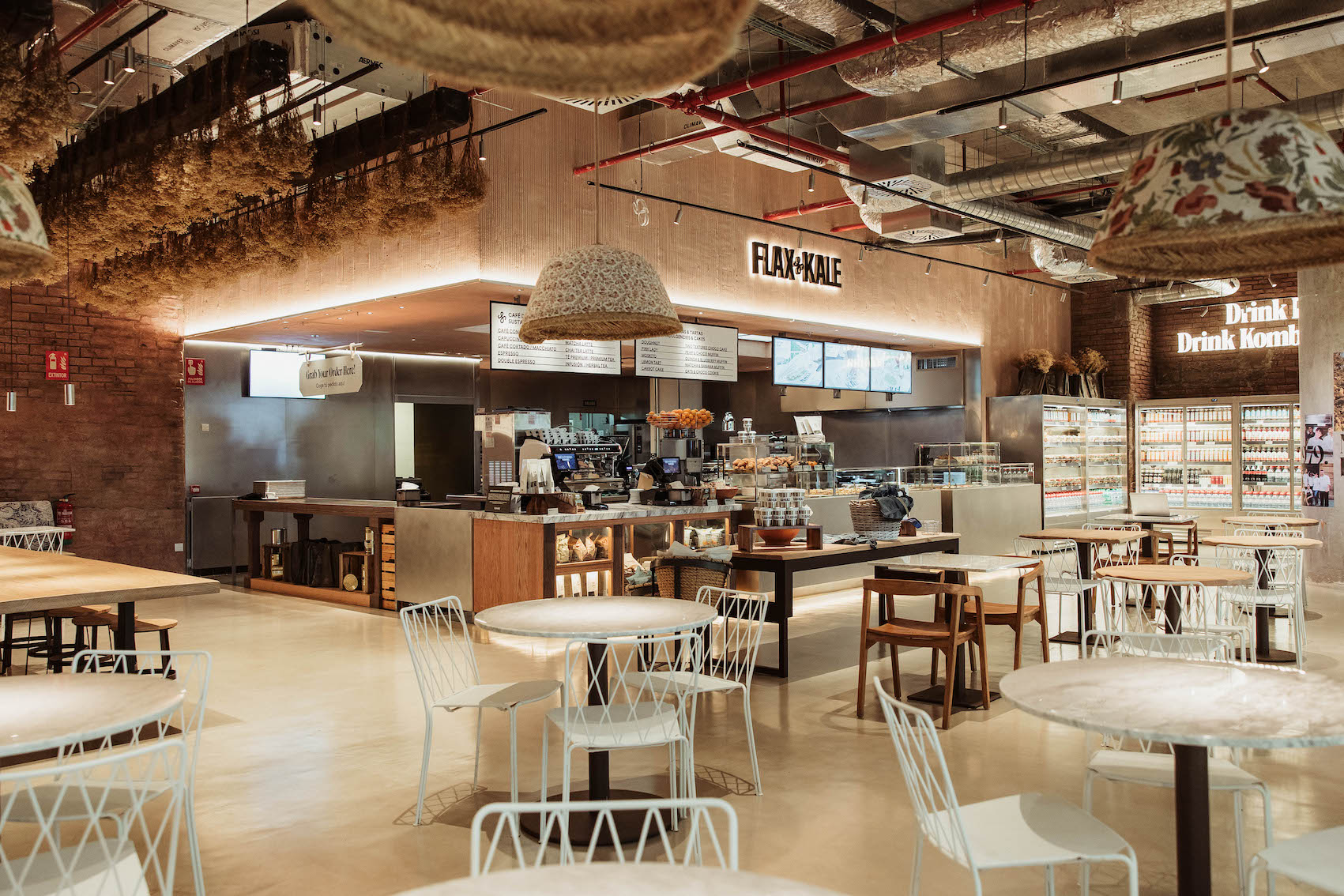PORTUGAL. Faro Airport yesterday (17 July) officially opened its expanded and remodelled main terminal, which includes extra retail and food & beverage areas.
The 93,120sq m terminal was enlarged from 81,200sq m as part of a €32.8 million (US$37.6 million) expansion. The new terminal offers increased operating and public areas both airside and landside.
The inauguration ceremony was attended by Portugal’s Prime Minister António Costa; Minister of Planning and Infrastructures Pedro Marques; VINCI Concessions CEO and VINCI Airports President Nicolas Notebaert; and ANA Aeroportos de Portugal Executive Committee President Carlos Lacerda.
Some of the retail and food & beverage areas airside on Floors 1 and 2 are still being completed. New commercial spaces for shops and services are also being developed landside.
The project has increased the terminal’s capacity to embark and disembark, from 2,400 to 3,000 people per hour. Changes have also been made to the airport’s security. The construction of new control areas is designed to maintain high safety standards and enhance service. Car parking facilities have also been reviewed.
Airport authority ANA Aeroportos de Portugal said the new terminal “allows the airport to continue to grow in a sustained way.”

Faro Airport, inaugurated in 1965, is the main tourist airport in Portugal. It plays a key role in the country’s economic development by serving the main tourist centres of southern Portugal and neighbouring Spain.
In 2016, Faro Airport registered +18.5% growth, with more than 7 million passengers. It also reported a +16.9% increase in passenger traffic in May 2017, according to Airports Council International (ACI) Europe.
“This modernisation aims to adapt the infrastructure to a new paradigm of air transportation in Portugal and throughout Europe: the increase of low-cost airlines,” ANA Aeroportos de Portugal stated.
“Faro Airport registered an increase in low cost passengers and, at the same time, a decrease in passengers from other types of flights. This reality results in a new passenger profile, one with new needs and that spends more time in the terminal.”













